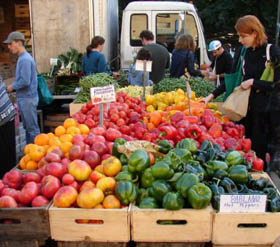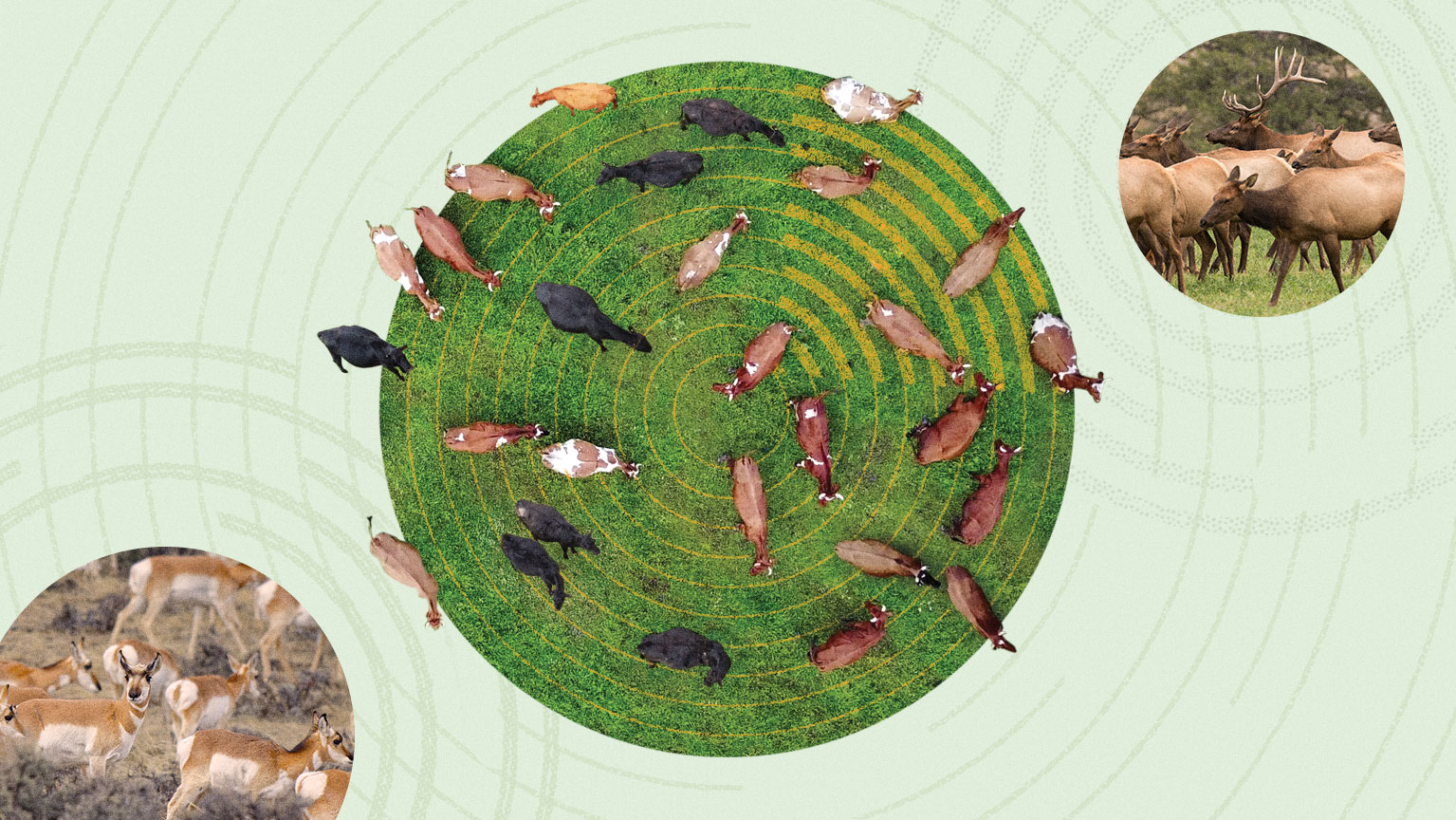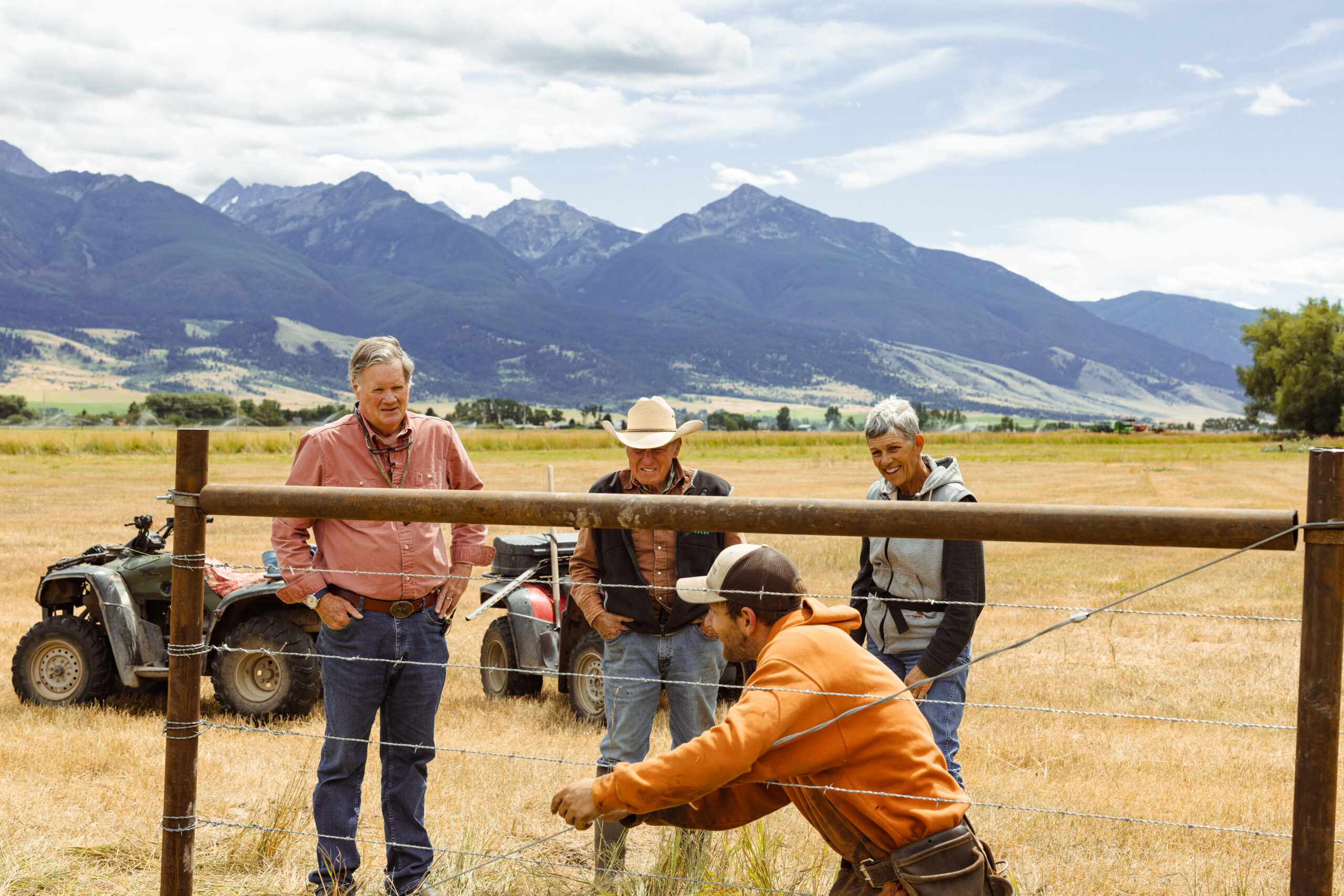By Paul Schwennesen
PERC Enviropreneur Fellow

I had to admit he was on to something.
The local-foods movement, springing from a generally affluent, generally left-leaning, and disenchanted consumer base, has been so thoroughly identified with a “liberal” mantra that the movement is often derided by the right. To be sure, much of the poetic allegiances, arbitrary “local” circumferences, and irrational fears of all things Monsanto grates on the nerves of those who pride themselves on reasoned decision-making. Yet for those of us who see folly in centralized power, this movement has something to tell us. It is reinventing how many of us eat — and how an increasing number of us produce — food.
Danger to the Individual

In an address to the Wisconsin State Agricultural Society in 1859, Abraham Lincoln stated that “no other human occupation opens so wide a field for the profitable and agreeable combination of labor with cultivated thought, as agriculture.” The advent of highly mechanized industrial production systems has largely erased this intellectual and emotional bond that Jefferson and Lincoln relied on to create virtuous citizen-farmers. But now, perhaps even as a result of this, a newfound appreciation for old patterns has sprung up. Many alleged leftists have found that concepts of freedom and individuality resonate strongly if rooted in a land ethic and in local produce. For them centralization in markets and among corporations is of more pressing concern than centralization of political power, and feeding their dollars into local agriculture is a palatable way to participate in a free market. Ironically enough, while many so-called liberals express skepticism about laissez-faire economies, they are the first to indignantly resist intrusion by bureaucrats into local farmers’ markets.
Ideology Irrelevant
It has always struck me as exemplifying the beauty of a free market that I sweat and toil to serve a clientele to which in general I’m ideologically opposed. I serve customers who, if their Obama bags, Che t-shirts, and “profit is poison” bumper stickers are to be taken seriously, are decidedly anti-capitalist. And yet during the course of our clearly capitalistic transactions, we both find pleasure in the process and discover a newfound respect for each other.
The revival of local food and local markets is an interesting phenomenon. While it still marches under the banner of the left, it blurs the political distinctions enough that the right ought to feel comfortable joining in. They say politics makes for poor digestion. Who knew that what we digest makes for good politics?


